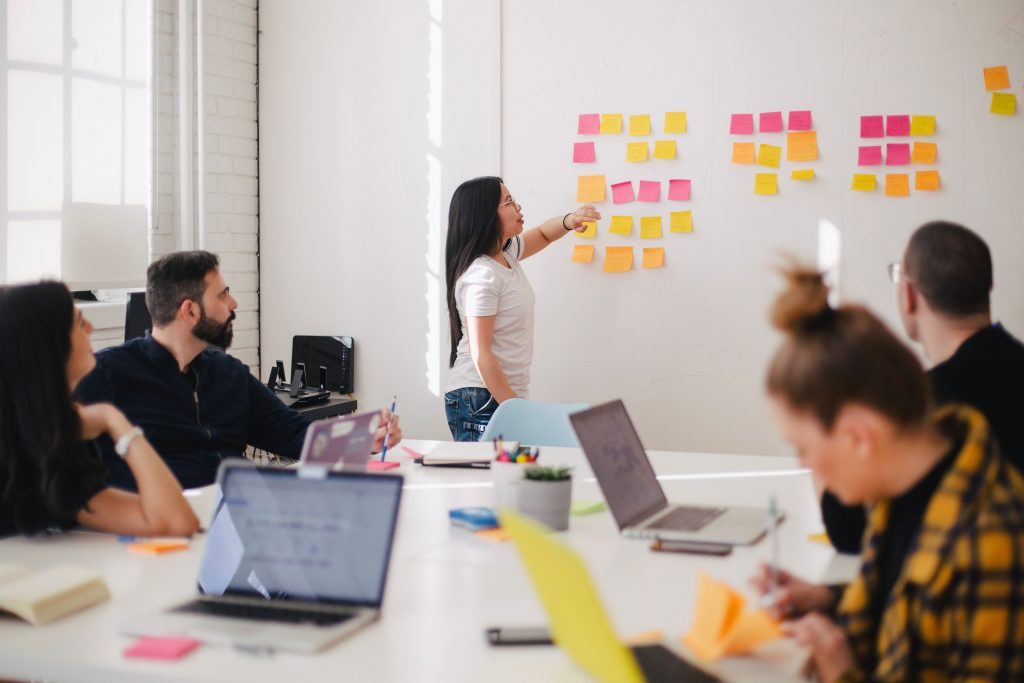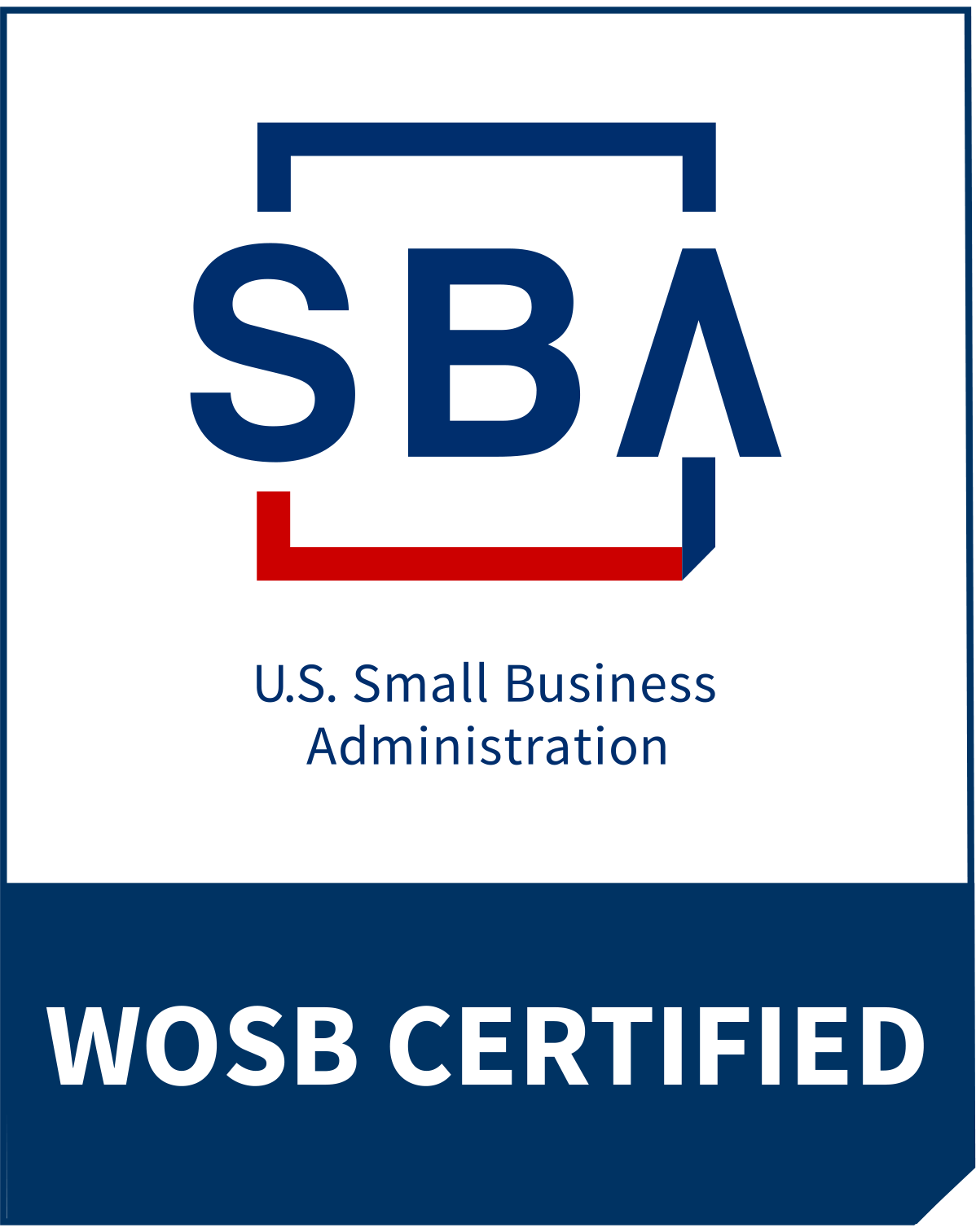Facilitation Perspective: Help the system help itself
By Morgan Grove
Settling into my seat, the feeling of finishing this long-awaited milestone was surreal. I had just spent an exhausting and exhilarating ten days in South Africa working with a local high school in the heart of Johannesburg. It felt as if a month had passed, so much to process, so much for which to be thankful. As the plane took flight, I turned my attention to the window, excited to see a sparkling night sky from high above the Atlantic Ocean. I gazed into the darkness yet not a single star could be seen. Still curious, I held my gaze. After a few moments, one, then two stars came into view. Another second passed and thousands more appeared. I watched as a blanket of tiny, sparkling lights unfurled into the night sky. “Wow,” I thought. “I’m so glad I paused. I would have missed that beautiful sight if I had given up.”
Inspired, I reached for my trip journal to record the thought. It so easily summed up my entire experience in Johannesburg. As a consultant, many times during my work with the faculty and students, and even in my personal interactions with colleagues and locals, I was challenged to pause, to be comfortable in silence, to hold space for the client system, and allow the communal knowledge of the group to emerge and develop solutions. Every time I was delighted by the outcome.
When facilitating groups, it is incumbent upon consultants to hold space for participants and allow the needs and collective wisdom of the group to come to light without judgment or ego. Quite often in South Africa, without years of facilitation experience to lean on, I pulled from theory and intuition. I set the intention to be helpful, and that choice served me well again and again.
My personal style of facilitation is guided by Ed Schein’s philosophy of process consultation. I learned that to be effective in process consultation is to believe that one can only help a human system to help itself (Schein 1999). These are foundational skills that facilitators need, a delicate balance of guiding without leading, and inquiring without alienating (Wilkinson 2012), and it is these foundational skills that still drive my facilitation choices today.
Principles
Schein identifies 10 general principles for process consultation, and the following principles, in particular, resonate with me: Always try to be helpful; everything you do is an intervention; and, it is the client who owns the problem and the solution (Schein 1999).
- Always try to be helpful: When I work with my client system or I encounter a difficult conversation, I ask myself, “What will be helpful in this moment?” My perspective changes and I can respond rather than react. That intention removes my personal opinions or feelings about the situation, which usually produces better outcomes that my client can own.
- Everything you do is an intervention: I have learned to consider every interaction as a chance to influence the system; from the first meeting to data collection, to post-meeting hallway conversations. Everything we do is an opportunity to learn and share knowledge and experience. Plant seeds when and where you can.
- It is the client who owns the problem and the solution: Consultants are frequently seen as the experts and our clients look to us for solutions. There are times when consultants have enough information to provide advice on a subject, but even then, we cannot solve our client’s problems single-handedly. Therefore, I believe in the wisdom of the system. No one knows the business better than my clients. That is their power. My power is in understanding human interactions and holding the space for my clients to safely discuss challenges, collaborate on solutions, and make decisions as a group.
Application
These general principles remind me to maintain a helpful stance and understand that while I alone cannot solve the problem, through process consultation I can help to uncover possibilities and make room for the system to heal itself. These principles guide my facilitation practice. They encourage me to pause and hold space for the collective wisdom to emerge, just as twinkling stars will fill an empty night sky.


